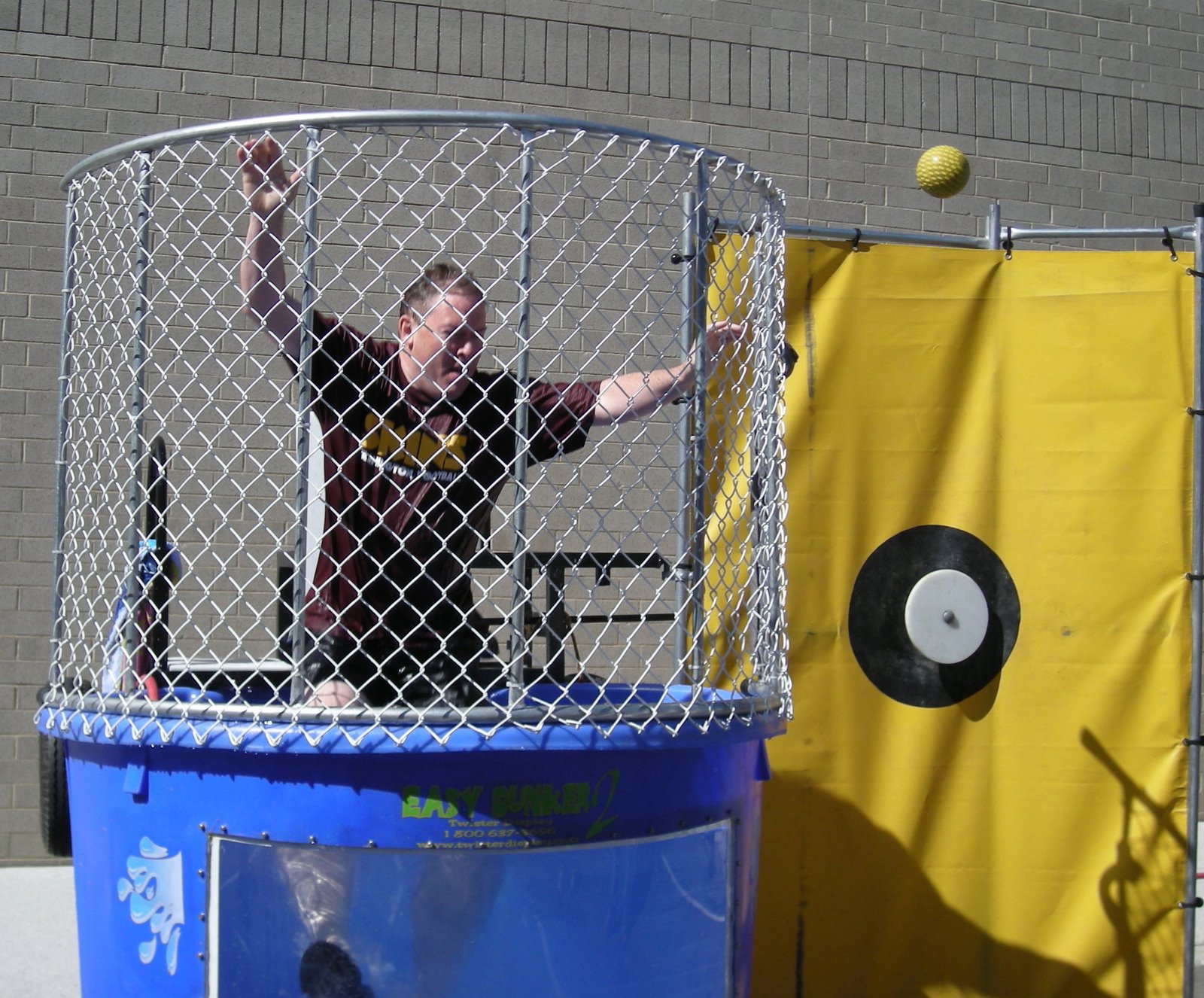Changing Brains in the Classroom
By Sara BernardIt turns out that if you tell students about this, it can have an effect on their brains too. Researchers Lisa Blackwell of Columbia University, along with Kali Trzesniewski and Carol Dweck of Stanford University, published a study in the journal Child Development in 2007 that found that both morale and grade points took a leap when students understood the idea that intelligence is malleable. Not only did those students who already believed this do better in school, but when researchers actively taught the idea to a group of students, they performed significantly better than their peers in a control group.
Willis also found this to be true in her middle school classroom. Her students were more motivated to study, she says, when they knew that they were all fully physically capable of building knowledge and changing their brains.
Here are a few tips for making your classroom friendly to malleable brains:
- Practice, practice, practice. Repeating an activity, retrieving a memory, and reviewing material in a variety of ways helps build thicker, stronger, more hard-wired connections in the brain.
- Put information in context. Recognizing that learning is, essentially, the formation of new or stronger neural connections, it makes sense to prioritize activities that help students tap into already-existing pathways (for instance, by integrating academic subjects or creating class projects relevant to their lives). In other words, nix the rote memorization. "Whenever new material is presented in such a way that students see relationships" between concepts, writes Willis, "they generate greater brain cell activity and achieve more successful long-term memory storage and retrieval."
- Let students know that this is how the brain works. Breaking through those neuro-mythological barriers that paint intelligence as predetermined may ease students' minds and encourage them to use their brains. Willis notes, "Especially for students who believe they are 'not smart,' the realization that they can literally change their brains through study and review is empowering."


















No comments:
Post a Comment